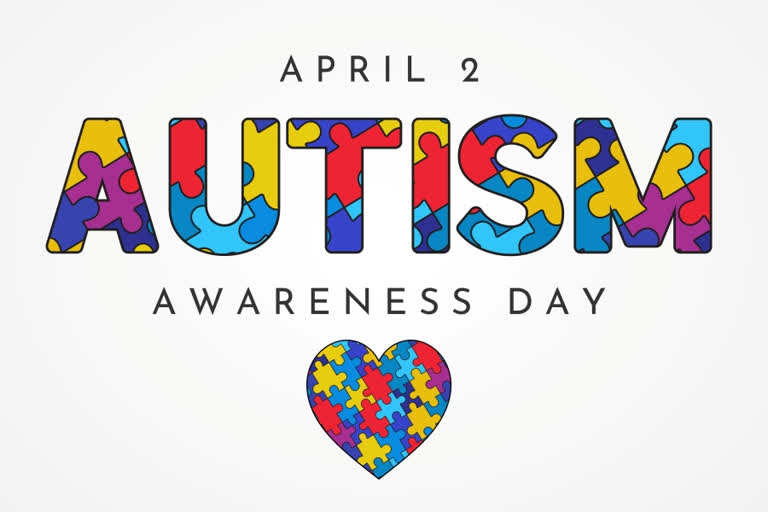Autism is a pervasive mental disorder that develops in the first few years of a child. It is characterised by abnormal development in social interaction and communication, purposeless monotonous hyperactivity with lack of interest, etc. As per the World Health Organization (WHO), about one in 160 children has Autism spectrum Disorder (ASD)
WHO further states that the characteristics of autism may be detected in early childhood, but autism is often not diagnosed until much later. People with autism often have co-occurring conditions, including epilepsy, depression, anxiety and attention deficit hyperactivity disorder as well as challenging behaviours such as difficulty sleeping and self-injury. The level of intellectual functioning among people with autism varies widely, extending from profound impairment to superior levels.
ETV Bharat Sukhibhava was in conversation with Dr. Nandita de Souza, developmental pediatrician, and director, Sethu Centre for Child Development and Family Guidance, Goa and here is what she informs.
What are the early signs of autism?
Families, teachers, and doctors should be aware of early signs of delay in socialization and communication. Some ‘red flags’ are given below:
- By 6 months: No big smiles or other warm, joyful expressions.
- By 9 months: No back-and-forth sharing of sounds, smiles, or other facial expressions.
- By 12 months: Lack of response to name.
- By 12 months: No babbling or “baby talk.”
- By 12 months: No back-and-forth gestures, such as pointing, reaching, or waving.
- By 16 months: No spoken words.
- By 24 months: No meaningful two-word phrases that don’t involve imitating or repeating.
What if my child is at risk for autism?
If autism is suspected, there is no merit in the policy of ‘let’s wait and see’. Since symptoms are linked to faulty brain wiring, the earlier the diagnosis is made, the faster the intervention can start to rewire the brain and improve outcomes.
Early intervention should focus on social communication and facial expressions, eye contact, gestures, imitation, and play. Parents and other family members are coached to do the intervention at home, using play and daily activities to promote social engagement and communication. Sensory integration therapy can help in reducing many challenging behaviors. Children with autism do best in structured, predictable, and visually explicit environments.
Autism is still a puzzle to us in many ways. However, with advances in research, enhanced awareness, early diagnosis, and autism-specific intervention the puzzle pieces are falling in place and giving us a clearer picture. The picture is looking good!
Also Read: Autism: A Homoeopathic Perspective



